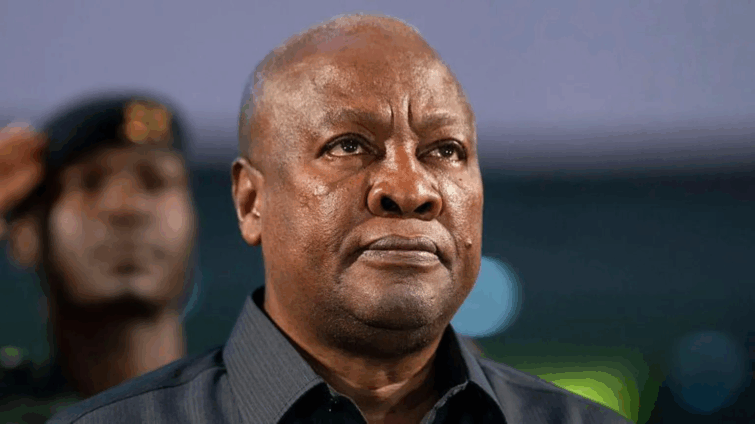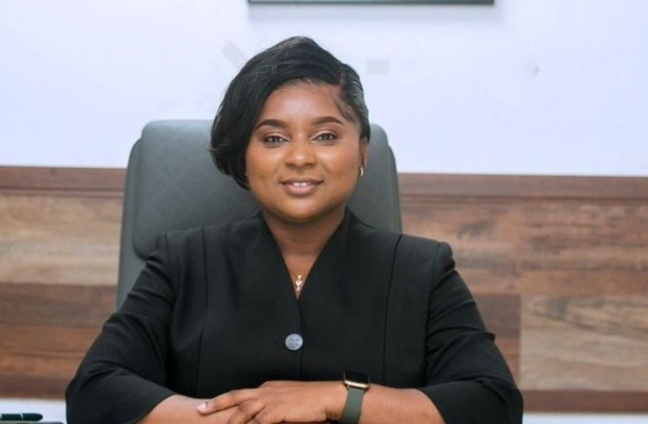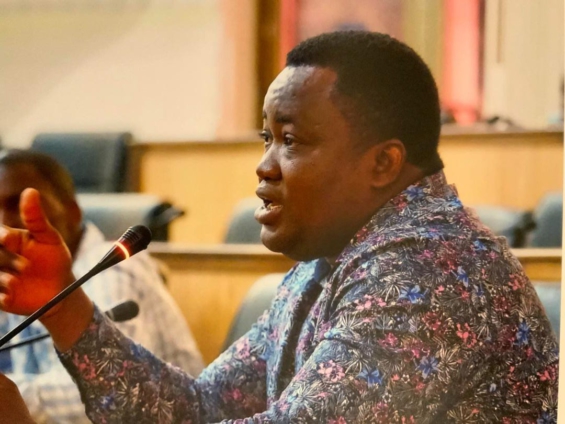Ghana Erupts: Mass Protests Demand End to Illegal Mining as Leaders Face Scrutiny

Ghana is grappling with an escalating crisis of illegal mining, locally known as galamsey, which has prompted widespread protests and urgent calls for decisive government action. Citizens, spearheaded by the Democracy Hub under the #StopGalamseyNow banner, have taken to the streets of Accra, demanding an end to the environmental destruction and socio-economic devastation caused by this illicit activity. These protests, which included a vigil and a march towards the Jubilee House to present a petition to President John Mahama, underscore the deep frustration with the government's perceived failure to tackle the problem head-on.
Prominent figures, including Dr. Sekou Nkrumah, son of Ghana’s first President, Dr. Kwame Nkrumah, have urged the government to declare a state of emergency in galamsey-affected areas. Dr. Nkrumah advocated for sending in the army to forcefully halt the illegal operations, asserting that the solution is straightforward but requires political will. He stressed that once stopped, longer-term solutions like job creation for affected youth can address root causes. Echoing this sentiment, a protester at the #StopGalamseyNow demonstration accused former President Nana Addo Dankwah Akufo-Addo and other influential figures, such as Chairman Wontumi and Akonta Mining, of complicity in the crisis. The protester insisted that in any serious jurisdiction, these alleged financiers of galamsey would be imprisoned, while only small-scale miners at the pits are currently arrested. He also called for the immediate prosecution of these individuals by the current administration and urged the government to revoke all small-scale mining licenses issued in the last 15 years.
Concerns about the severe health and environmental consequences of galamsey have been amplified by political parties and environmental organizations alike. Richard Gyamfi from the New Patriotic Party (NPP) Communications Directorate reported alarming laboratory tests showing mercury concentrations in the soil at 1,342 parts per million, more than 130 times the acceptable level. He highlighted that while illegal mining has plagued Ghana for years, the situation has sharply escalated under the current administration, accusing the presidency of lacking the urgency and political will to end the menace within a week, despite having the executive power to do so.
The impact of galamsey on Ghana's environment and economy is catastrophic. The Water Resources Commission estimates that approximately 60% of Ghana's water bodies, including major rivers like the Pra, Ankobra, Birim, and Offin, are heavily contaminated with deadly chemicals such as mercury, cyanide, and arsenic, crucial for drinking water and irrigation. The Ghana Water Company Limited (GWCL) has reported soaring operational costs due to the need for unusually high volumes of chemicals to treat polluted water, leading to a proposed 280% upward adjustment in water tariffs. Economically, the Wilson Centre estimates that galamsey costs Ghana over $2.3 billion each year in lost revenue and illegal smuggling, despite legal small-scale mining contributing about 35% of gold production. The illicit activities have also destroyed vast tracts of farmland, including over 100,000 acres of cocoa farms, threatening food security and impacting the cocoa industry, which accounts for nearly 10% of Ghana's exports. Additionally, some districts have seen a 40% drop in cassava yields. The health crisis is equally dire, with the use of toxic chemicals linked to severe issues such as kidney failure, cancer, and birth defects. Beyond environmental and health concerns, galamsey has become increasingly violent, with a Human Rights Watch report detailing clashes with armed galamsey groups resulting in the deaths of security personnel and civilians.
Organizations like the Coalition of NGOs in Water and Sanitation (CONIWAS) and WaterAid Ghana have joined the call for a collective and decisive effort to end what they term
You may also like...
Sports Betting in Africa: Quick Money or Long-Term Addiction?

"Is sports betting in Africa an opportunity for wealth or a trap for addiction? Explore its impact on youth, the role of...
October 2nd: Guinea’s Independence—A Nation With Defiant Beginning and Enduring Story
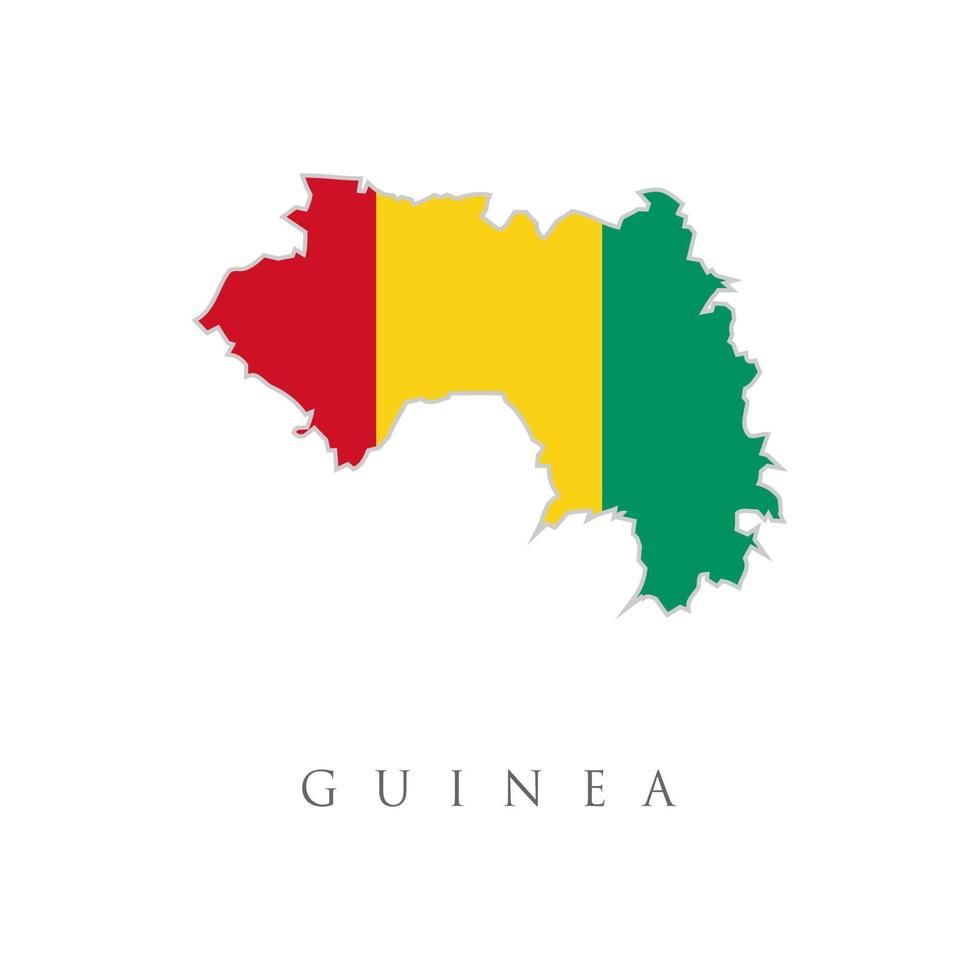
On October 2, 1958, Guinea made history as the first French colony in Sub-Saharan Africa to boldly declare independence....
The Jumia Story: Lessons From Africa’s First Tech Unicorn
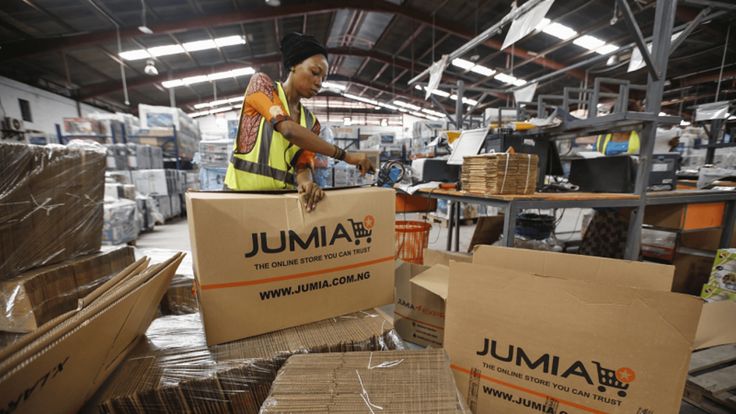
Discover the story of Jumia, Africa’s first tech unicorn, and how platforms like Glovo and Bokku are reshaping e-commerc...
The Silent Cognitive Crisis: Brain Complacency in the Age of AI
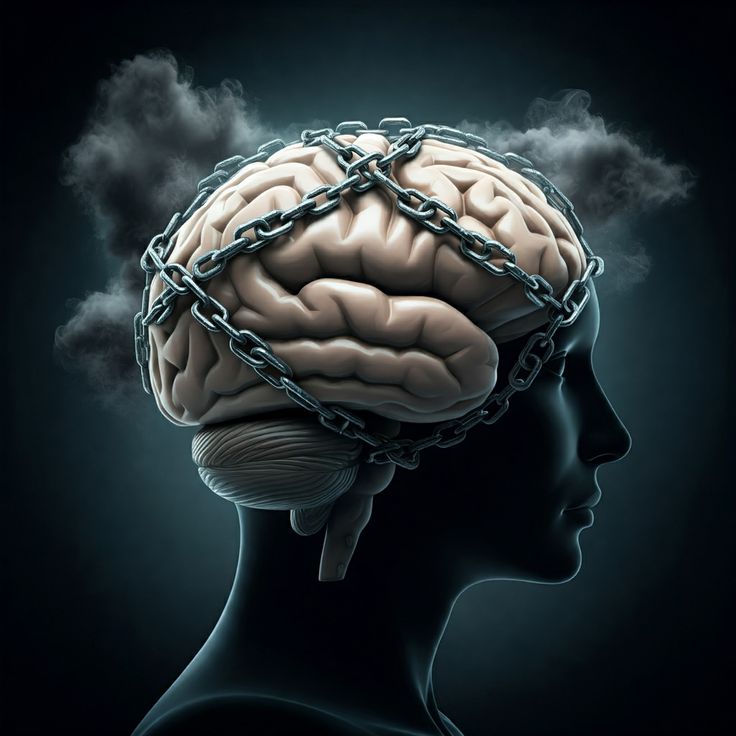
“AI offers convenience, but at what cost? Explore how over-reliance on artificial intelligence fuels brain complacency, ...
Legacy Continues: Football Royalty's Son Nets Stunning Screamer for Barcelona Youth

Shane Kluivert, son of Dutch football legend Patrick Kluivert, scored a spectacular 'screamer' for Barcelona's Under-19s...
WNBA Star's Terrifying Health Ordeal: Mitchell Reveals Rhabdomyolysis Left Her Paralyzed

Indiana Fever All-Star guard Kelsey Mitchell revealed she suffered from Rhabdomyolysis during a WNBA semifinal game, cau...
Warner Bros' Box Office Bubble Bursts, But Industry Shrugs: What Does It Mean?
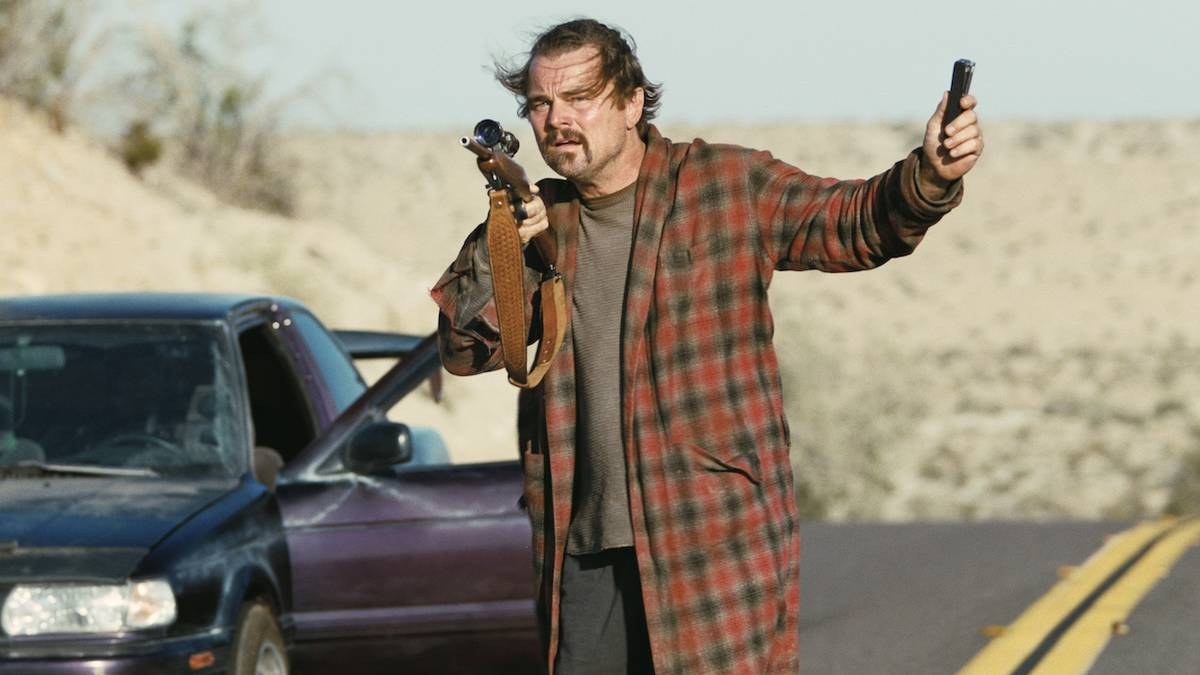
Paul Thomas Anderson's "One Battle After Another" marks a different kind of success for Warner Bros., earning critical a...
DCU's Nightmare: Are Film Franchises Repeating MCU's Fatal Flaws?

The DCU's increasing interconnectivity, particularly in <i>Peacemaker</i> Season 2, is raising concerns about potential ...

